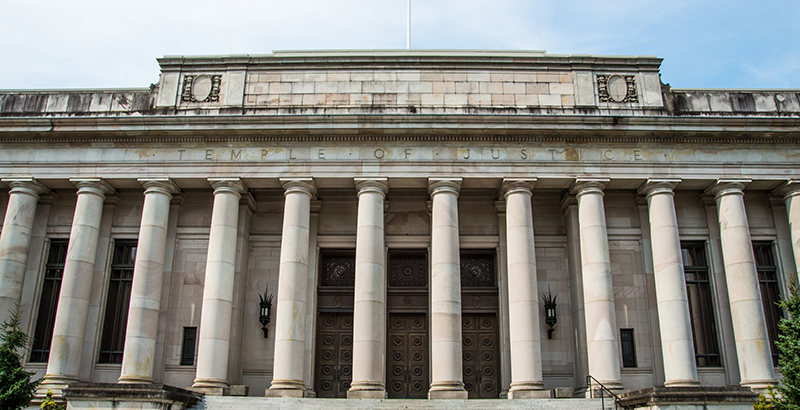Washington State’s charter schools can remain open.
The Washington state Supreme Court ruled Thursday that the state’s charter school act is, for the most part, constitutional, striking down only one aspect of the law pertaining to collective bargaining.
The decision settles a three-year battle over the existence of charter schools in the state, which the court declared unconstitutional in 2015 over the way they were funded and governed.
“We are aware of the deep-seated conflicting opinions regarding charter schools,” wrote Justice Mary Yu, adding that it was the court’s job to rule only on the constitutionality of the case. “We conclude that its only unconstitutional provision is severable, and thus we affirm the trial court in part and hold that the remainder of the Charter School Act is constitutional on its face.” Yu was joined in the lead opinion by three other justices.
Two members of the court signed an opinion that was both concurring and dissenting. They agreed that charter schools were constitutional but disagreed that the provision related to collective bargaining was unconstitutional. The Washington State Charter Schools Association said it is still unclear how this will play out with the state’s schools.
In a dissenting opinion, Justice Barbara Madsen wrote that the charter school act “creates a parallel public school system that provides a general education, serves all students, and uses public funds, but lacks local voter control or oversight.”
The state’s 12 existing charter schools, serving 3,400 students, will remain open. State law caps the number of charter schools allowed at 40.
“It’s a historic victory,” said association CEO Patrick D’Amelio. “We view this as an absolutely definitive final step, so we are super pleased with that.”
The ruling is a loss for the plaintiffs, who had initially claimed a victory in the 2015 ruling. In 2016, the state legislature rewrote the state’s charter school law to fund schools through lottery revenues rather than the general fund. But this new law was immediately met by another legal challenge from the same plaintiffs — the League of Women Voters, the Washington Education Association, and El Centro de la Raza — who argued that the schools were still unconstitutional because they were not held accountable by a locally elected school board.
“Washington Education Association members are disappointed in the state Supreme Court’s decision to uphold Washington’s charter school law,” the state’s teachers union said in a statement. “We still believe it is wrong to divert public funds to privately run organizations that are not accountable to local voters.”
D’Amelio said the ongoing lawsuit has never hindered charter school student work but has helped inform many civic lessons over the years. This legal battle launched students and parents alike into advocacy roles during field trips to the legislature in Olympia and court proceedings in Seattle. Parent Shirline Wilson, whose son Miles is now an eighth-grader at Rainier Prep in Seattle, has become executive director of the state’s chapter of Democrats for Education Reform.
“I’m really excited and relieved and happy that the law was upheld and that the challenge was put down,” said Wilson, who was meeting with other charter school parents for coffee Thursday morning, discussing the news. “So it’s a great day for my family and my son.”
She said she sees this victory as one step in the struggle for school choice in the state. “I think charters are still a tough thing for progressive voters in Washington state,” she said.
Disclosure: The Bill & Melinda Gates Foundation provides financial support to the Washington State Charter Schools Association and The 74.
Get stories like these delivered straight to your inbox. Sign up for The 74 Newsletter


;)
